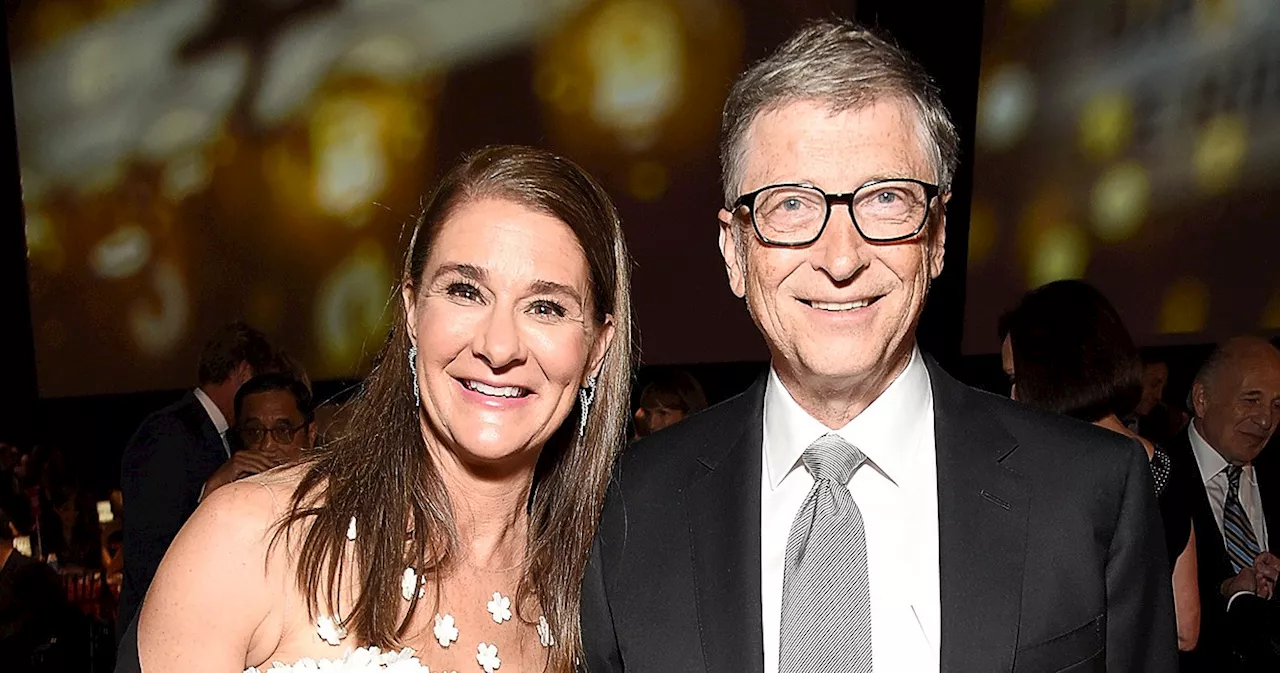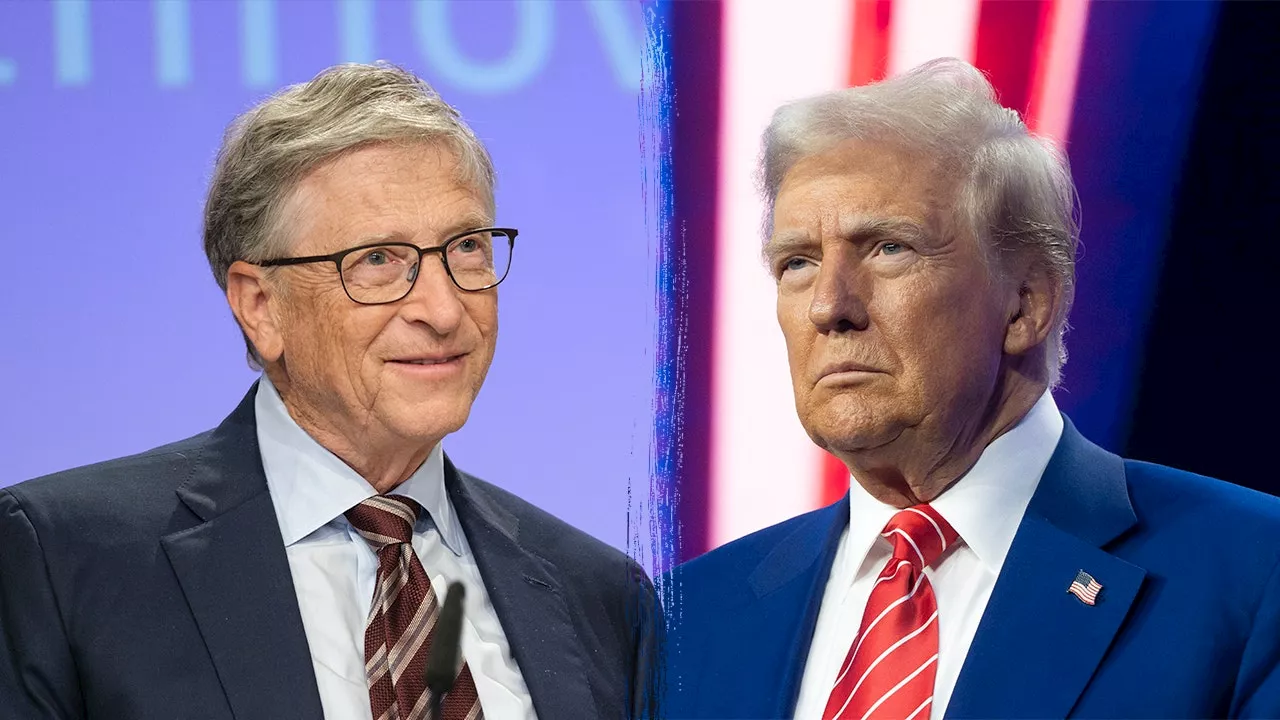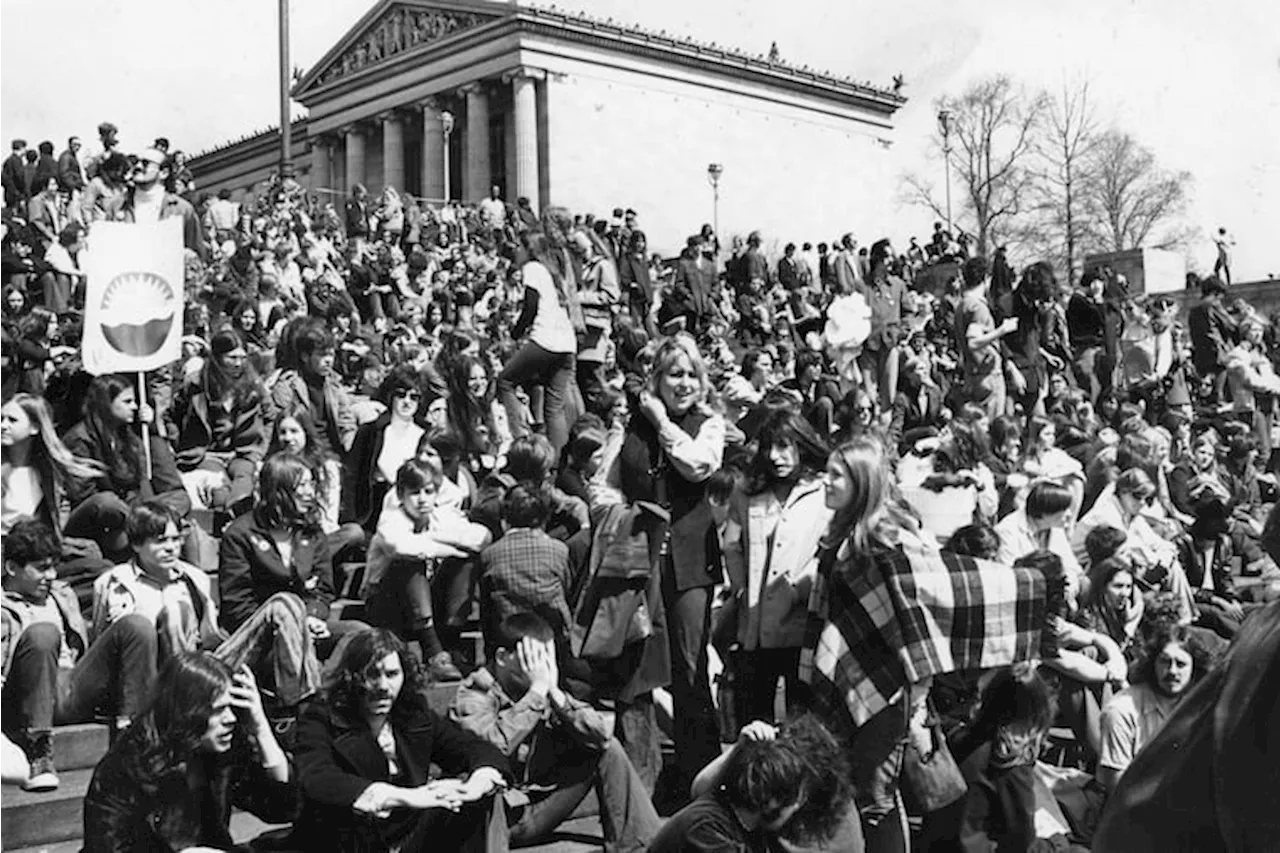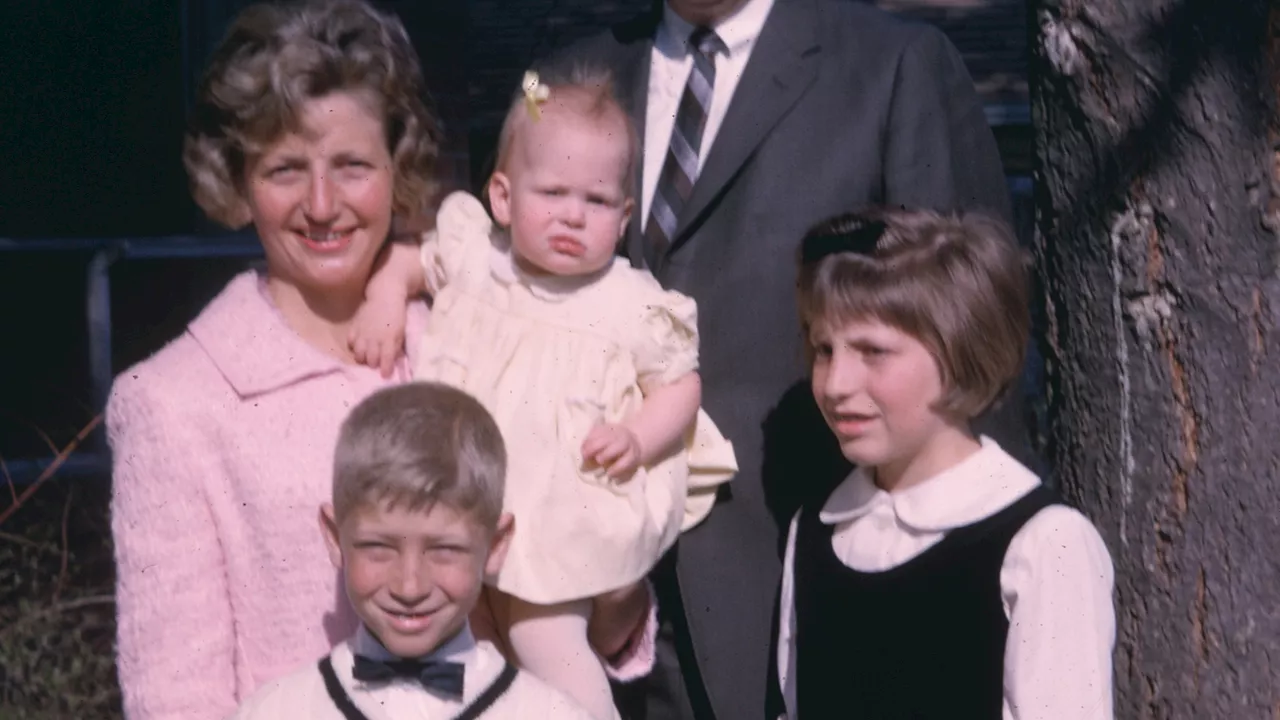This excerpt details the upbringing of Bill Gates in the 1960s, highlighting his mother's ambitious vision for the family and how it shaped his early life. The text explores the prevalent optimism and sense of progress during that era, contrasting it with Gates' own unique learning style and social awkwardness. It also delves into the strong emphasis on discipline, tradition, and social expectations instilled by his mother, drawing comparisons to the prominent Kennedy family.
At that impressionable age, the message in 1962 was so clear: We would explore space, stop disease, travel faster and easier. Technology was progress and, in the right hands, it would bring peace. My family watched Kennedy give his “we choose to go to the moon” speech that fall, all of us gathered around the television as the president told America that we needed to harness the best of our energies and skills for a bold future.
From Walter Cronkite and Life we were treated to a steady flow of new wonders: the first laser, first cassette tape, first factory robot, and first silicon chip. You couldn’t be a kid back then and not feel the excitement of this. This climate of limitless potential was the backdrop for my early life and the ambitions my mom held for us. I was equally raised by my parents, but it was my mother who set our clocks ahead by eight minutes so we would be on mom time. From the start, she had a grand vision for our family. She wanted my father to be highly successful, with success defined less by money and more by reputation and his role helping our community and a wider circle of civic and nonprofit organizations. She envisioned kids who excelled in school and sports, were socially active, and pursued everything they did fully and completely. That her kids would all go to college was a given. Her role in this vision was that of supportive partner and mother, as well as a force in the community who would eventually build her own career. Though she never said it explicitly, I suspect her model for the Gates family was informed by one of the most famous families of the day: the Kennedys. In the early 1960s, before all the tragedy and troubles that would befall the famous clan, they were the model of a handsome, successful, active, athletic, and well-appointed American family. (More than one of her friends compared Mary Maxwell Gates to Jackie Lee Kennedy.) We lived by the structure of routines, traditions, and rules my mother established. She had a clear sense of a right way and a wrong way that applied to all parts of life, from the most quotidian matters to the biggest decisions and plans. Mundane daily chores—making our beds, cleaning our rooms, being dressed, pressed, and ready for your day—were sacrosanct rituals. You did not leave the house with an unmade bed, uncombed hair, or a wrinkled shirt. Her edicts, repeated through my youth, are now part of me, even if I still don’t abide by them: “No eating in front of the television.” “Don’t put your elbows on the table.” “Don’t bring the ketchup bottle to the table.” (It would be unseemly to serve condiments out of anything but little dishes with little spoons.) For my mom these small things were the bedrock of a well-ordered life. As a first- and then second-grader in 1962, I would walk with Kristi up a short hill to View Ridge Elementary, where my sister had set the mold for what teachers expected from me. At school she was a careful student, easy on teachers, completed her assignments on time, and, most important, she got great grades. I was different, as my mother had previously warned my pre-school teachers. By early elementary school I was reading a lot on my own at home. I was learning how to learn by myself, and I liked the feeling of being able to quickly absorb new facts and entertain myself with chapter books. School, however, felt slow. I found it hard to stay interested in what we were learning; my thoughts wandered. When something did catch my attention, I might leap up from my seat, frantically raise my hand, or shout out an answer. I wasn’t trying to be disruptive; my mind simply shifted easily into a state of unrestrained exuberance. At the same time, I also felt like I didn’t fit in with the other kids. My late-October birthday meant that I was younger than most of my classmates, and I really looked it. I was small and skinny and had an unusually high-pitched, squeaky voice. I was shy around other kids. And I had that rocking habit. I got the sense that my parents were in close touch with my teachers, more than other parents were. Did other families have their kids’ teachers over for dinner at the start of the school year? I didn’t think they did. To my parents this was only natural, a sign of their commitment to our education. To Kristi and me it was nothing but embarrassing. It felt unnatural to see your teacher eating at your dining room table. Over the years, only one teacher declined the invitation, fearing that being plied with tuna casserole was a conflict of interest. (She waited until school ended before accepting.) My parents didn’t hound us about grades. Their expectations were communicated mainly in how my mom talked about other families. If the son or daughter of a family friend wasn’t doing well in school, or got in trouble for one thing or another, my mom would speculate about the disappointment her friends must feel. She never said, don’t be like those kid
FAMILY UPBRINGING EXPECTATIONS EDUCATION SOCIAL EXPECTATIONS 1960S KENNEDY FAMILY
United States Latest News, United States Headlines
Similar News:You can also read news stories similar to this one that we have collected from other news sources.
 Bill Gates Reflects on Divorce from Melinda Gates: 'That Was the Mistake I Most Regret'Bill Gates acknowledges his divorce from Melinda Gates as his biggest regret, despite feeling 'more cheerful now.' He reflects on their 27-year marriage, noting the challenges of balancing their demanding careers with family life. While he expresses disappointment over Melinda's departure from their joint foundation, Gates emphasizes their continued co-parenting efforts and their commitment to their children's well-being.
Bill Gates Reflects on Divorce from Melinda Gates: 'That Was the Mistake I Most Regret'Bill Gates acknowledges his divorce from Melinda Gates as his biggest regret, despite feeling 'more cheerful now.' He reflects on their 27-year marriage, noting the challenges of balancing their demanding careers with family life. While he expresses disappointment over Melinda's departure from their joint foundation, Gates emphasizes their continued co-parenting efforts and their commitment to their children's well-being.
Read more »
 Bill Gates admits divorcing Melinda Gates is the 'mistake' he most regretsMelinda French Gates holds hands with new entrepreneur boyfriend Philip Vaughn as they arrive in NYC via helicopter
Bill Gates admits divorcing Melinda Gates is the 'mistake' he most regretsMelinda French Gates holds hands with new entrepreneur boyfriend Philip Vaughn as they arrive in NYC via helicopter
Read more »
 Bill Gates and Melinda Gates' Quotes About Marriage, DivorceBill Gates and Melinda Gates have been candid about their relationship before and after getting divorced in 2021
Bill Gates and Melinda Gates' Quotes About Marriage, DivorceBill Gates and Melinda Gates have been candid about their relationship before and after getting divorced in 2021
Read more »
 Bill Gates Admits Divorce from Melinda French Gates is His Biggest RegretBill Gates reflects on his divorce from Melinda French Gates, stating it was 'miserable' for both of them for at least two years. He acknowledges that it was 'certainly at the top of the list' when it comes to his life's failures.
Bill Gates Admits Divorce from Melinda French Gates is His Biggest RegretBill Gates reflects on his divorce from Melinda French Gates, stating it was 'miserable' for both of them for at least two years. He acknowledges that it was 'certainly at the top of the list' when it comes to his life's failures.
Read more »
 Bill Gates Impressed After Dinner with Donald TrumpBillionaire Bill Gates recently met with President-elect Donald Trump for a nearly three-hour dinner, leaving Gates feeling optimistic about the incoming administration. Gates, who supported Trump's opponent Vice President Harris in the 2024 election, spoke with Trump about public health, a major focus of Gates' philanthropic work. The dinner comes as a growing number of billionaires and tech leaders are meeting with Trump ahead of his return to the White House.
Bill Gates Impressed After Dinner with Donald TrumpBillionaire Bill Gates recently met with President-elect Donald Trump for a nearly three-hour dinner, leaving Gates feeling optimistic about the incoming administration. Gates, who supported Trump's opponent Vice President Harris in the 2024 election, spoke with Trump about public health, a major focus of Gates' philanthropic work. The dinner comes as a growing number of billionaires and tech leaders are meeting with Trump ahead of his return to the White House.
Read more »
 Children of the 1960s watch in pain as the story of our lifetime is erasedFor boomers, the rapid reversal of 1960s-era gains for civil rights, women, LGBTQ, etc., has unraveled the story of our lifetimes.
Children of the 1960s watch in pain as the story of our lifetime is erasedFor boomers, the rapid reversal of 1960s-era gains for civil rights, women, LGBTQ, etc., has unraveled the story of our lifetimes.
Read more »
